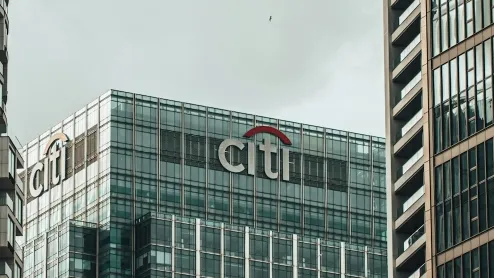
Nonghyup Financial awaits $865.9M government infusion
Nonghyup Financial Group recorded the lowest BIS ratio among Korean banks in May with 11.09 percent.
The Financial Supervisory Service said the low BIS ratio of the financial group was largely due to the prolonged delay of a 1 trillion won or US$865.95 million investment by the government that was promised in the wake of the spinoff. A financial company is considered sound when its BIS ratio is higher than 10 percent.
When it was created in March 2, Nonghyup Financial Group became the fifth-largest banking group in the country with assets of more than 240 trillion won or $208.4 million.
It has 1,172 branches, more than any other financial group.
In its first 30 days, the banking group - which includes brokerages and insurance firms - posted revenues of more than 1.5 trillion won and an operating profit of 114.9 trillion won. The financial group started off with a goal of achieving a global reach and total assets of 420 trillion won by 2020.
However, the group is already running into difficulty.
"Nonghyup clearly has the largest number of branches using its previous networks, even in the most remote parts of the country," said an official in the banking industry. "However, it still lacks the competitiveness, since the banking unit was only a small portion of its overall business while most of its income came from its retail sections."
The government insists that 1 trillion won will not be delivered until the labor union agrees to pursue management improvements. However, the Nonghyup union contends that such contract would be an inappropriate intervention by a government attempting to expand its influence in the organization.
However, the appointment of Shin Dong-kyu, a former economic bureaucrat with strong ties to the government, as chairman, is facing opposition.
The financial group committee that oversaw the selection said Shin was chosen because of his expertise in finance and strong leadership in issues facing the financial group. The committee also said he has a personality that will improve the company's relationship with its workers.
However, the Nonghyup labor union claimed it will do all it can to stop Shin from entering his office next week. In a statement, the union said only that it would not rest until the financial group is free from government influence.
Shin worked as an adviser to Lee Myung-bak's presidential campaign in 2007 and attended the same high school as KDB Financial Group Chairman Kang Man-soo, the economic mentor to President Lee.
How Shin was selected as chairman is not known because the process took place behind closed doors, which raised questions and drew more criticism.
There were also rumors that Shin's predecessor and current Nonghyup Bank President Shin Choong-shik was politically pressured to end his term prematurely, leaving 98 days after the spinoff.
Shin Choong-shik had said that he left after he fulfilled his obligations in setting up the new company and that he will focus on making Nonghyup Bank competitive as a global financial institution.
For more.



















 Advertise
Advertise












